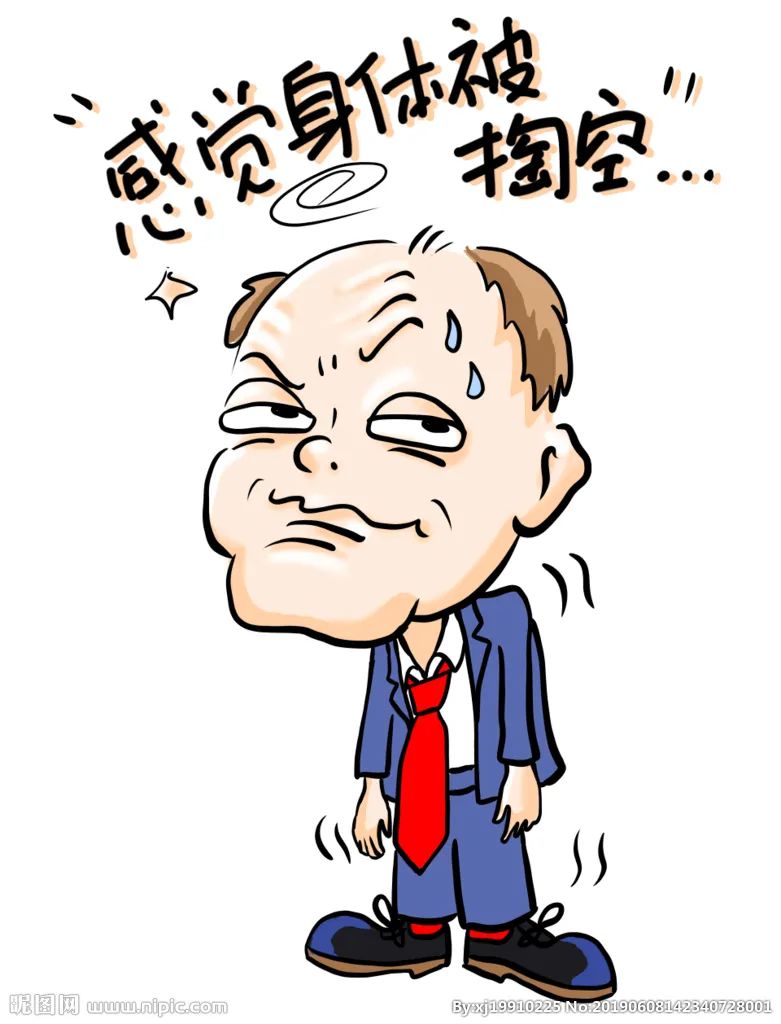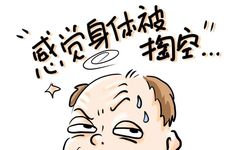Causes of Qi Deficiency Constitution

The spleen is the source of Qi production, the lungs are the hub of Qi, and the kidneys are the source of congenital Qi. Qi deficiency primarily refers to the deficiency of Qi in the lungs, spleen, and kidneys, and the Qi deficiency constitution often indicates the weakened function of these three organs.
Causes of Qi Deficiency Constitution:
1. Congenital Endowment — Some individuals are born with a Qi deficiency constitution.
2. Chronic Illness — Major illnesses or prolonged sickness can damage the lungs, spleen, and kidneys, which is a common cause of Qi deficiency constitution. Many people develop a Qi deficiency constitution after a serious illness, even if they previously had a robust body.



3. Excessive Mental and Physical Labor
Traditional Chinese Medicine states, “Thinking injures the spleen” and “The spleen and stomach are the source of Qi and blood production.” Overthinking and prolonged mental strain can damage the digestive function of the spleen and stomach, leading to Qi deficiency. Therefore, office workers are often prone to Qi deficiency. Additionally, TCM teaches that “Labor consumes Qi”; prolonged heavy physical labor first injures the Qi of the lungs and spleen, and subsequently damages the kidney’s original Qi. In fact, both mental and physical overwork can deplete Qi. However, a person’s energy (Qi) has a congenital limit; early depletion leads to early aging, and excessive depletion accelerates decline. Just as a car engine has a lifespan, the body’s “Qi” also has a “threshold”; an engine cannot run at high speed for long without wear; similarly, mental and physical labor cannot be sustained at overload without damaging original Qi. Just as a car requires regular maintenance every 5000 kilometers, the generation, nourishment, and utilization of Qi in the human body also require regular care. One aspect of maintenance is to avoid excessive mental and physical exertion and to take regular breaks.


4. Dieting
Grains, meat, fruits, and vegetables are essential for the human body. Eating less can lead to insufficient sources for Qi and blood production, resulting in Qi deficiency and inability to retain fluids, causing symptoms such as fatigue, excessive sweating, loose stools, frequent urination, menstrual irregularities in women, or scanty menstruation or amenorrhea, and in men, frequent urination with dribbling, premature ejaculation, weak sperm, susceptibility to colds, allergies, and premature aging.



【Case Study】 A woman, after dieting to lose weight, appeared to have a great figure, resembling a graceful lady. However, upon closer inspection: her face was pale and thin, her eyes were large and lifeless, her energy was depleted, and she experienced either amenorrhea or irregular menstruation. This Qi deficiency constitution advised against further dieting and encouraged a balanced diet; after three months, her body gradually became fuller and stronger, and after another three months, her spirit improved, and her menstruation returned to normal. It should be noted that overweight individuals with Yang deficiency and Qi deficiency cannot rely solely on dieting to control their “intake” for weight loss. There is no significant advantage or disadvantage between being overweight or underweight as long as it is not excessive; the positive term is always “plump” rather than “thin” or “twig-like”.




Qingming Zeng
Provincial Famous TCM Physician, City Famous TCM Physician
Former Director of Shenzhen Luohu District TCM Hospital
Chief TCM Physician, Professor, Doctoral Supervisor
Leading figure in modern clinical TCM in Shenzhen
Specializes in treating:Common and frequently occurring diseases in internal medicine, gynecology, andrology, geriatrics, otorhinolaryngology, and dermatology. This includes the “Four Highs” (high blood pressure, high blood sugar, high blood lipids, high uric acid), coronary heart disease, thyroid diseases (thyroid nodules, hyperthyroidism, hypothyroidism), bronchial diseases, tumors (including polyps, cysts, hyperplasia, sclerosis, fibrosis, stones, lipomas, and enlarged masses), as well as insomnia (including anxiety and depression); gynecological issues such as infertility, menstrual disorders, habitual miscarriage, ovarian function decline, polycystic ovary syndrome, fallopian tube blockage, menopausal syndrome, and chronic gynecological inflammation; andrology issues such as male infertility, benign prostatic hyperplasia, and sexual dysfunction; geriatric issues such as senile brain diseases (dementia, stroke sequelae) and gastrointestinal diseases, with rich clinical experience!

Appointment Registration

